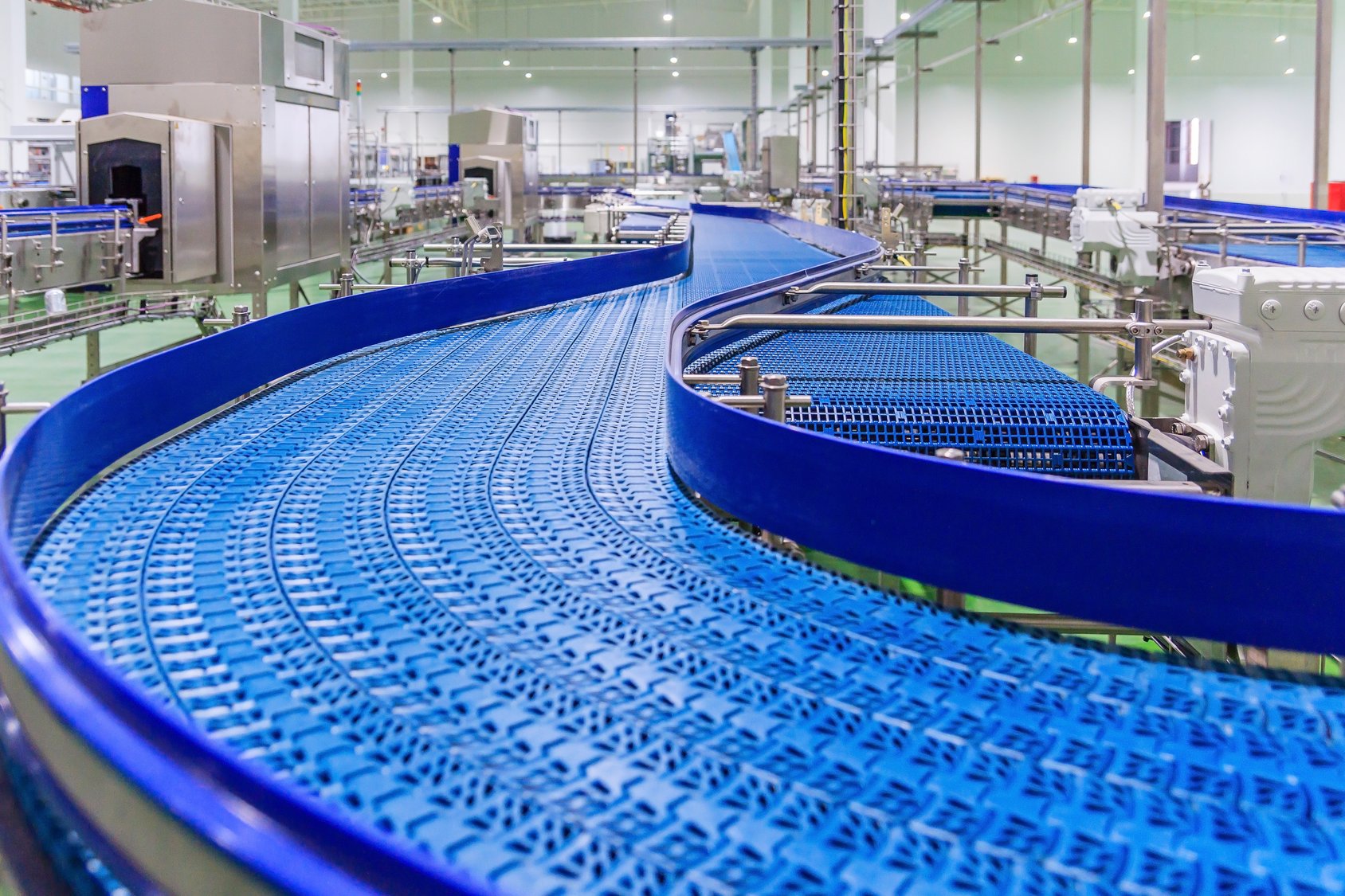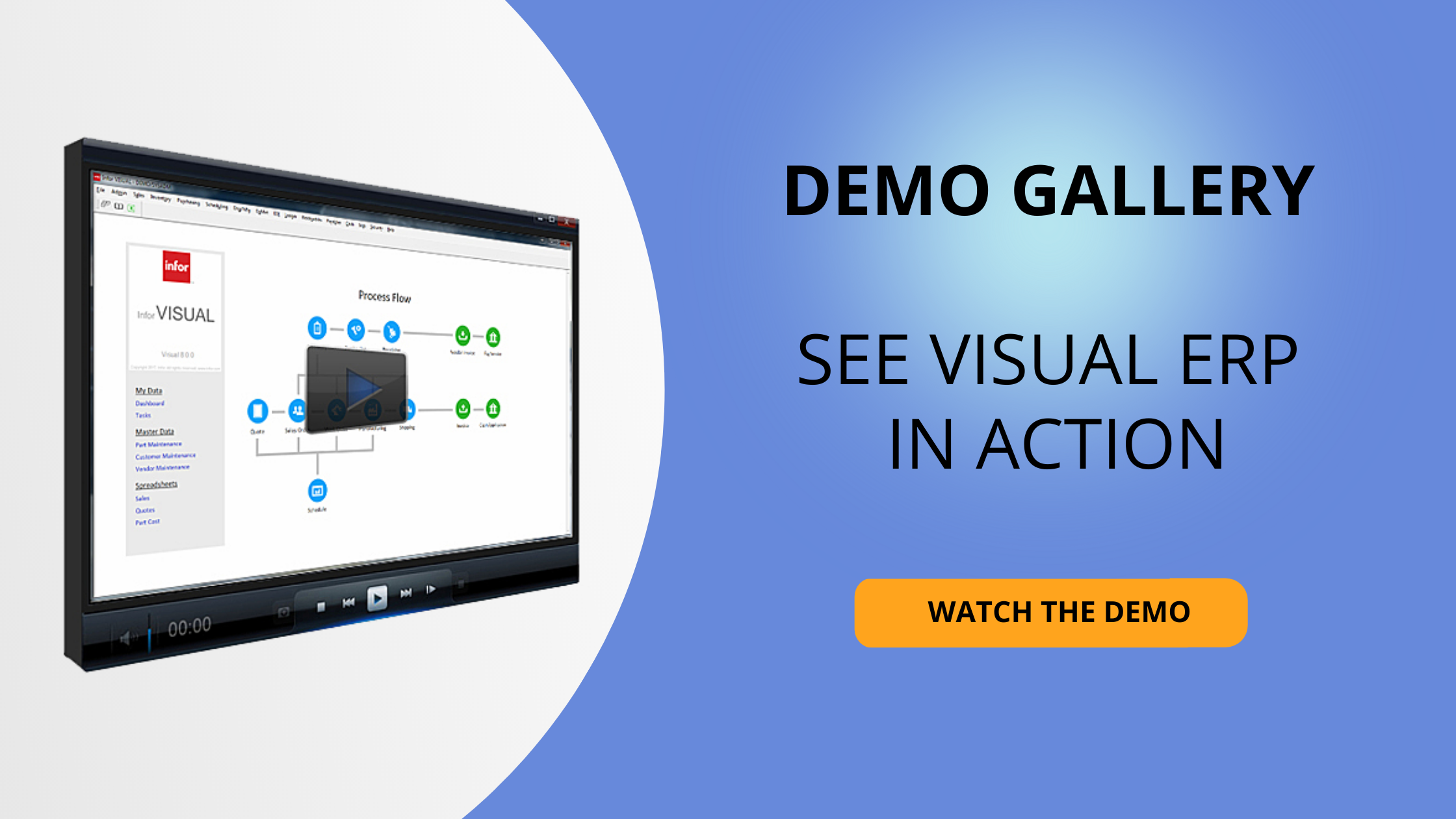A little background first…
I want to start by telling you a little bit about my background because I believe it will give some context to this blog. I proudly represent Infor ERP products and have been at Visual South since 2002. Five years prior to coming on board here, I was an SAP consultant. My specialty was the sales/distribution module, along with the variant configurator. I was part of many full implementations in a variety of industries, taught training classes, and helped with presales efforts. My first implementation was on R/3 version 3.1G and my last was on version 4.6.
I think SAP is a wonderful product and I know that almost anything is possible from a functionality standpoint. But many SAP customers are being forced to migrate to SAP S/4HANA, which is SAP's ERP for large enterprises and the successor of SAP R/3. Depending on your organization, this may not be the best move.
Is SAP still the right solution for you?
If you are reading this, it is likely that your company is currently running SAP; and if you are doing so somewhat successfully, then you should be congratulated because running any ERP software successfully is difficult. But if you are struggling with SAP, it may be time to think about your alternatives before migrating to SAP S/4HANA.
Did you choose the SAP product 20 years ago? If so, you’re not alone—I distinctly remember a mentality that if you were in doubt about what ERP to purchase, you went with SAP because it was the “safe” choice (but almost never the least expensive one). This led to some small to midsize companies overbuying and struggling under the “weight” of maintaining the comprehensive SAP system. There were other ERP solutions available back then, but perhaps they were perceived as too much of a risk, or were a little light on functionality. But a lot can happen in 20 years and there are many more viable ERP options now that offer robust capabilities—for small, midsize, or even large organizations—at a fraction of SAP’s cost.
Should you look for an SAP alternative?
In short, yes…you should look for SAP alternatives. It is always worth the time and effort to research whether there are better technology options available in the industry, especially when it’s as big of an investment as an ERP system. And even though your company is likely scheduled to transition to S/4HANA in 2025, the time to start thinking about SAP alternatives is now. I suggest you begin to research ERP solutions as if you are starting over (if you aren’t sure how to do this, check out this eBook we wrote on how to evaluate ERP).
If you have been running SAP for a long time, and have created customizations, integrations, user exits, etc., then it is likely that an upgrade/migration is going to be complex. I would also venture to guess that you have had employee turnover in the past 20 years, and have suffered from some erosion in your internal knowledge and subject matter expertise. These are all great reasons to take a hard look at another product, because in a lot of cases, the cost is either the same or less to move to a different product that is a better fit.
See Infor VISUAL ERP in action
See Infor Cloudsuite Industrial in action
Additionally, over a period of time it is easy to get entrenched with performing processes a certain way because that’s how they’re designed in the ERP. People just accept that “this is the way to do things” because there is no other option. When you evaluate another ERP, you are opening the door to transforming your business, because you would be changing the tools you use. This simply is not possible if you stay with the same product. The tough conversations about what your business requires simply do not take place if your ERP is the status quo.
If you are a manufacturing company, you should consider Infor ERP. Why? Infor ERP is designed for manufacturing companies. Believe it or not, SAP is not designed for manufacturing companies; it is designed to be configured to meet the needs of manufacturing companies, and there is a big difference between the two. Infor’s solutions can be deployed either on-premise or via the cloud, and our team at Visual South can walk you through the pros and cons of either option.
Related: Infor ERP: Everything You Need to Know
Related: Infor vs.SAP: Why Visual South Chose Infor
Let us help you reassess your ERP needs
There aren’t many opportunities to step back and evaluate whether the ERP you are running is the right one for your company. Migrating to SAP S/4HANA will undoubtedly cause some disruption and cost money to implement, so hit the pause button and reassess your needs. It makes sense to ensure that your time and effort is spent implementing the product that works for your company now and in the future, not 20 years ago. It is also a wonderful time to reevaluate your relationship with SAP. Typically, an ERP vendor holds all the leverage in the relationship due to the disruption and cost of moving to a new product. Ironically, SAP is creating that situation for all of its customers, so my suggestion is to take advantage of the opportunity to get another vendor’s assessment on how they may be able to help you.
Would you like to talk with someone who has a ton of experience in the manufacturing industry and is not a salesperson to get some objective advice on your situation? Click here to set up a free, 30-minute discussion with Jack Shannon.










